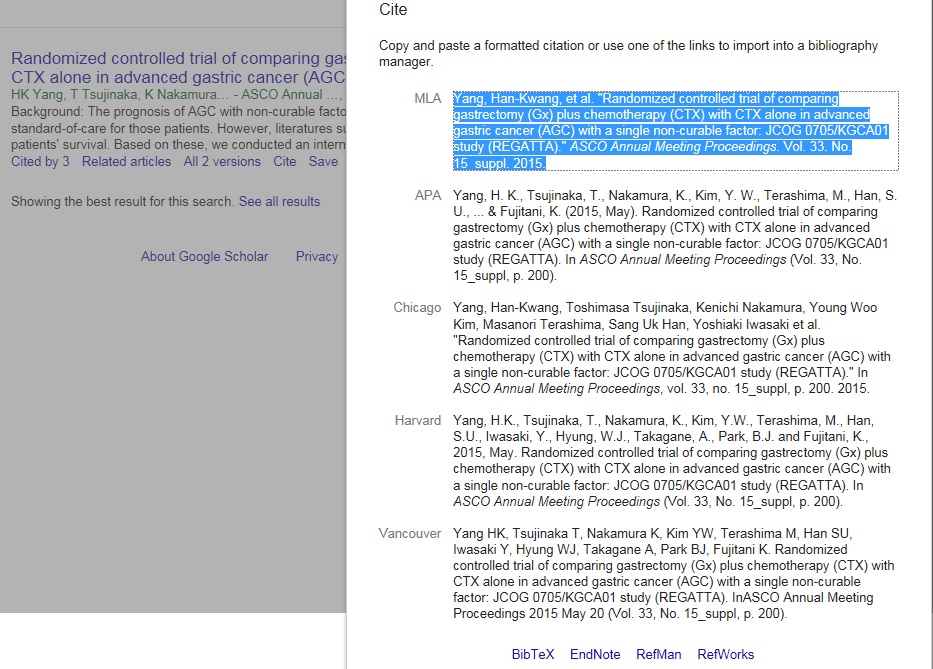Medical Subject Headings (MeSH), the National Library of Medicine’s controlled vocabulary thesaurus, makes comprehensive searching of the biomedical literature indexed in the MEDLINE/PubMed database immensely easier. Rather than require the searcher to guess how various authors from around the world may have referred to a particular concept, the indexers of the articles determine what each article is about and then apply the preferred MeSH terms accordingly to make each article more findable.
But what happens if a spot-on MeSH term for what you are looking for does not exist? That’s where MeSH qualifiers, otherwise known as MeSH subheadings, really show their value. Here’s an example to illustrate the need filled by MeSH subheadings:
Say you were interested in conducting a comprehensive search to identify studies looking at: “a particular primary cancer (that has been surgically resected) metastasizing to a secondary site” Continue reading

